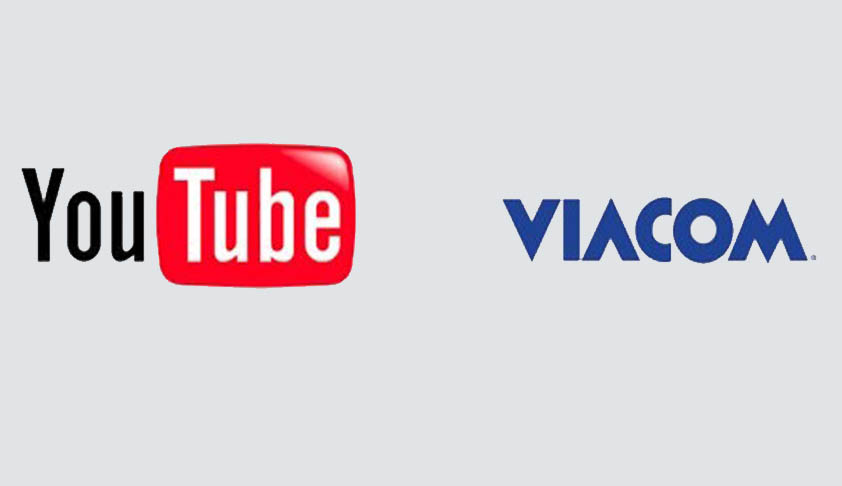Out of court settlement in Google, Viacom copyright dispute
LIVELAW NEWS NETWORK
20 March 2014 10:34 PM IST

Next Story
20 March 2014 10:34 PM IST
A seven-year-old copyrights dispute between Viacom and YouTube, a unit of Google has been finally resolved in an out of court settlement. Just before the two companies were to return to court next week, they came up with the agreement. A dispute that began in 2007 came to an end with this out-of-court settlement. Viacom had sought $1bn (£600m) in damages from the search giant. Last April,...
